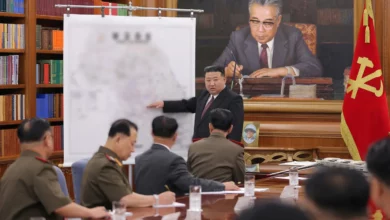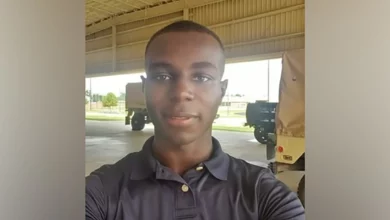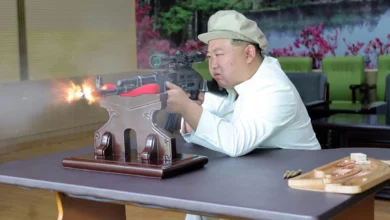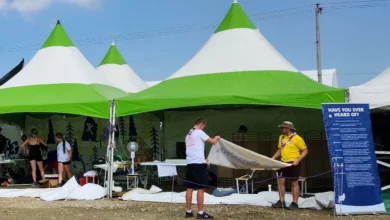
When Ahn Yoon-joon, 86, meets his two younger sisters this week that he has not heard from in more than 60 years, there is much they won't be able to talk about.
A guide book distributed to the elderly South Koreans chosen by lottery to meet family members separated by the 1950-53 Korean War includes a long list of do's and don'ts – mostly don'ts.
"You can't ask everything you want to ask. This is not a reunion, but just a meeting that's staged," said a frustrated Ahn, who missed out in lotteries for past reunions and said the restrictions have dampened his enthusiasm for the upcoming trip.
The booklet provided by the Red Cross, which organizes the reunions, advises South Korean participants not to press for answers on topics such as the North's political leadership or living standards.
"In case your family members from North Korea sing propaganda songs or make political statements, please restrain them and try to change the subject," the booklet advises.
Ahn wants to ask how his father died, but realizes it could be politically sensitive for his sisters to answer, as their father was a rich landowner in what became militantly socialist North Korea.
"All I can do is to take down the dates my parents died. There's nothing else," he said.
At the outbreak of the Korean War, Ahn, then an elementary school teacher, fled his hometown, fearing North Korean communist forces would conscript him or kill him.
The two Koreas, bitter rivals that remain in a technical state of war, agreed to hold family reunions for the first time since February 2014 after negotiating the end of a standoff at their heavily militarized border.
Under UN Security Council resolutions imposed after the North's missile and nuclear tests, only gifts worth 100,000 South Korean won (US$88) or less are allowed.
Ahn first thought of a gold necklace for each of his two sisters but since jewelry is banned, he will bring medicine and toothpaste.
The reunion of 90 South Koreans and 96 North Koreans, the 20th of its kind, will be held at a resort in the North, mostly in a large ballroom under the watchful eye of officials.
The reunions are politically important for the South, where 66,000 people are on a waiting list to see long-lost relatives, a number that is shrinking fast, while the North also seeks to maximize their domestic propaganda value.
Kim Woo-jong, 87, who fought for the South after fleeing the North in 1951, leaving his mother and sister behind, said he will watch what he says during the reunion with the sister he calls "the flower of the family."
"My history looks bad to North Koreans," said Kim, partially paralyzed by a stroke more than 30 years ago. "But my sister is taking the risk to meet me before we die."




